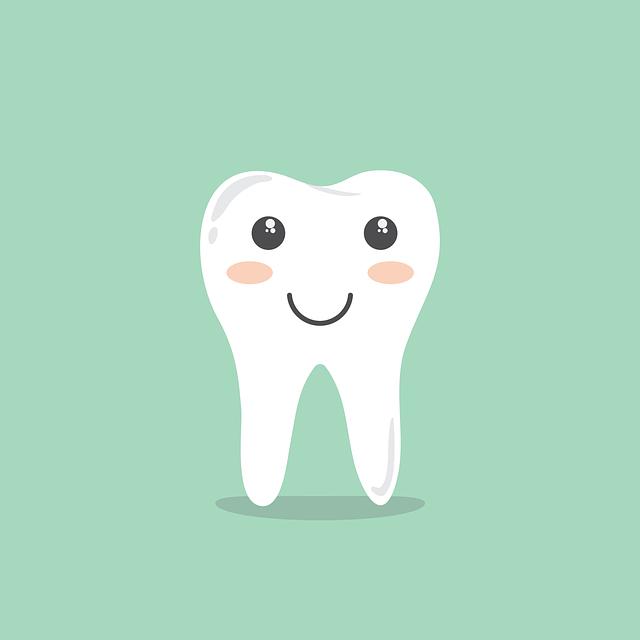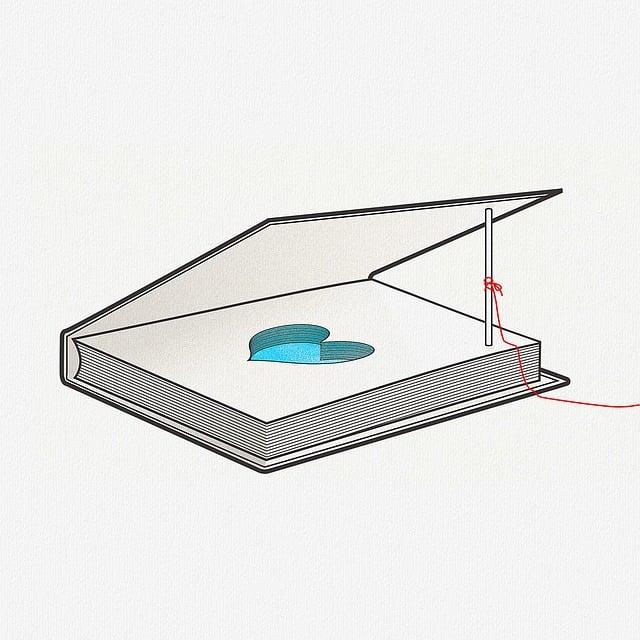Bruxism, or teeth grinding, is a common habit that can lead to teeth sensitivity. Learn about the causes and solutions in this informative article.
1. Understanding Bruxism: What is it and How Does it Affect Your Teeth?
Bruxism is a common condition characterized by the grinding or clenching of teeth, often during sleep. This repetitive motion can have detrimental effects on your oral health, as it can lead to worn enamel, cracked teeth, and even jaw pain. Additionally, bruxism often goes unnoticed by the individual affected, making it crucial to be aware of the signs and symptoms.
So, how does bruxism actually impact your teeth? The constant pressure and friction caused by grinding can wear down the protective layer of enamel on your teeth, leaving them vulnerable to decay and sensitivity. Furthermore, the excessive force exerted during episodes of clenching can lead to fractures in the teeth, requiring dental intervention to repair the damage. Ultimately, untreated bruxism can result in serious damage to your teeth and overall oral health.
To mitigate the effects of bruxism on your teeth, it’s essential to seek professional guidance and explore treatment options. From wearing a custom mouthguard at night to practicing stress-relief techniques, there are various strategies to manage bruxism and protect your teeth from further harm. By understanding the impact of bruxism on your oral health, you can take proactive steps to preserve the integrity of your teeth and maintain a healthy smile.
2. The Link Between Bruxism and Teeth Sensitivity: What You Need to Know
One common side effect of bruxism, or teeth grinding, is teeth sensitivity. This occurs when the enamel on your teeth wears down, exposing the dentin underneath. Dentin contains tiny tubes that lead to the nerves in your teeth, making them more sensitive to hot, cold, and acidic foods. If left untreated, bruxism can worsen teeth sensitivity over time.
It’s important to address bruxism early on to prevent further damage to your teeth. Some ways to manage bruxism and reduce teeth sensitivity include:
- Wearing a night guard to protect your teeth while you sleep
- Practicing stress-reducing techniques to minimize teeth grinding
- Seeing your dentist regularly for check-ups and cleanings
By understanding the link between bruxism and teeth sensitivity, you can take proactive steps to protect your oral health and prevent discomfort. Don’t hesitate to consult with your dentist if you suspect you may be grinding your teeth.
3. Signs and Symptoms of Bruxism-Induced Teeth Sensitivity
Bruxism, or teeth grinding, can lead to teeth sensitivity. Here are some signs and symptoms to watch out for:
- Pain or tenderness in the jaw muscles
- Headaches, especially in the temples
- Increase in tooth pain, especially when eating or drinking hot or cold items
- Worn down tooth enamel
- Frequent earaches
If you are experiencing any of these symptoms, it is important to consult with your dentist. They can help determine if bruxism is the cause of your teeth sensitivity and recommend appropriate treatment options.
4. How Bruxism Can Wear Down Tooth Enamel and Lead to Sensitivity
Bruxism, or teeth grinding, can have a significant impact on your dental health. One of the most common consequences of bruxism is the wearing down of tooth enamel. Over time, the constant grinding and clenching of teeth can gradually erode the protective enamel layer, leaving your teeth vulnerable to sensitivity and other issues.
When tooth enamel wears down due to bruxism, it exposes the sensitive inner layers of the tooth, such as dentin. This can lead to increased sensitivity to hot, cold, and sweet foods and beverages. In addition to sensitivity, worn enamel can also make teeth more susceptible to cavities, decay, and other forms of damage.
To prevent further wear and protect your teeth, it’s essential to address the underlying cause of bruxism. This may involve wearing a mouthguard at night to prevent grinding, practicing stress-reducing techniques, or seeking treatment for underlying dental or medical conditions. By taking steps to manage bruxism and protect your enamel, you can help maintain a healthy and comfortable smile.
5. Solutions for Managing Bruxism-Induced Teeth Sensitivity
There are several solutions available to help manage teeth sensitivity caused by bruxism. Utilizing these strategies can alleviate discomfort and protect your teeth from further damage.
- Wear a nightguard: Investing in a custom-fitted nightguard can help protect your teeth from grinding and clenching while you sleep.
- Practice stress management: Finding ways to reduce stress through relaxation techniques or therapy can help decrease bruxism episodes.
- Use desensitizing toothpaste: Products specifically designed for sensitive teeth can help alleviate discomfort and strengthen enamel.
It’s essential to consult with a dentist to determine the best course of action for managing bruxism-induced teeth sensitivity. With proper care and attention, you can minimize the effects of bruxism and maintain optimal oral health.
6. Protective Measures: How to Prevent Further Damage from Bruxism
To prevent further damage from bruxism, it is important to take proactive measures to protect your teeth and jaw. Here are some effective protective measures to consider:
- Use a Mouthguard: Wearing a custom-fitted mouthguard while sleeping can help protect your teeth from the damaging effects of bruxism. This device acts as a cushion, absorbing the force of clenching and grinding.
- Practice Stress Management: Since stress is often a major contributing factor to bruxism, finding healthy ways to manage stress can help reduce teeth grinding. Consider incorporating relaxation techniques such as meditation or yoga into your daily routine.
- Avoid Caffeine and Alcohol: Both caffeine and alcohol can exacerbate bruxism. Limiting your intake of these substances can help decrease the frequency and intensity of teeth grinding.
By implementing these protective measures, you can help prevent further damage from bruxism and maintain the health of your teeth and jaw.
7. Consult Your Dentist: Expert Advice on Treating Bruxism-Related Sensitivity
If you are experiencing sensitivity due to bruxism, it is important to consult your dentist for expert advice on treatment options. Your dentist can provide personalized recommendations based on your specific case and help alleviate your discomfort.
During your consultation, your dentist may suggest various treatment approaches to address bruxism-related sensitivity. These may include the use of a custom-made night guard to protect your teeth during sleep, adjustments to your bite alignment, or recommendations for stress management techniques to reduce teeth grinding.
In addition to targeted treatments, your dentist can also provide guidance on maintaining good oral hygiene practices to help minimize sensitivity and protect your teeth from further damage. Regular check-ups and cleanings, along with proper brushing and flossing techniques, can all play a role in preserving your oral health and managing bruxism-related sensitivity.
8. Lifestyle Changes and Habits to Help Alleviate Teeth Sensitivity
Some lifestyle changes and habits can help alleviate teeth sensitivity:
- Use a soft-bristled toothbrush to avoid further enamel wear.
- Avoid acidic foods and drinks that can erode enamel.
- Practice good oral hygiene by brushing twice a day and flossing daily.
- Consider using a toothpaste designed for sensitive teeth, containing ingredients like potassium nitrate or fluoride.
- Avoid teeth grinding or clenching, which can worsen sensitivity.
Additionally, consider making the following changes to your lifestyle:
- Limit consumption of sugary foods and drinks to prevent tooth decay.
- Avoid using tobacco products, as they can contribute to gum disease and sensitivity.
- Visit your dentist regularly for check-ups and professional cleanings to maintain dental health.
9. The Importance of Regular Dental Check-ups in Managing Bruxism and Sensitivity
Regular dental check-ups are crucial in managing bruxism and sensitivity. Dentists can identify early signs of these conditions and provide timely intervention to prevent further damage. During these check-ups, your dentist will evaluate the extent of your bruxism and recommend appropriate treatments such as a customized mouthguard to protect your teeth from grinding.
In addition to managing bruxism, regular dental check-ups can also help in addressing tooth sensitivity. Dentists can identify the underlying causes of sensitivity, such as enamel erosion or gum recession, and recommend suitable solutions. These may include fluoride treatments, desensitizing toothpaste, or dental restorations like fillings or crowns to protect sensitive areas.
By staying consistent with your dental check-ups, you can effectively manage bruxism and sensitivity, leading to improved oral health and overall well-being. Remember, prevention is always better than cure when it comes to dental issues. So make sure to schedule your regular check-ups with your dentist to keep your smile healthy and pain-free.
10. Improving Your Oral Health: Overcoming Bruxism-Related Teeth Sensitivity
Bruxism, the habit of grinding or clenching your teeth, can not only lead to worn-down teeth and jaw pain, but it can also cause increased teeth sensitivity. If you’re experiencing discomfort or pain in your teeth due to bruxism, there are several strategies you can implement to improve your oral health and alleviate the sensitivity.
One effective way to overcome bruxism-related teeth sensitivity is by wearing a custom mouthguard while you sleep. This will help protect your teeth from the grinding and clenching that occurs during the night. Additionally, practicing relaxation techniques such as deep breathing or meditation can help reduce stress, which is often a trigger for bruxism.
Incorporating a few lifestyle changes can also make a difference in managing bruxism and teeth sensitivity. Avoiding caffeine and alcohol before bedtime, maintaining good oral hygiene, and scheduling regular dental check-ups can all contribute to a healthier smile and reduced sensitivity in your teeth. In conclusion, bruxism can indeed lead to teeth sensitivity. Implementing strategies like wearing a night guard and practicing stress-reducing techniques can help alleviate symptoms. Remember, it’s important to consult with your dentist for proper diagnosis and treatment. Take care of your teeth and prioritize your oral health.







